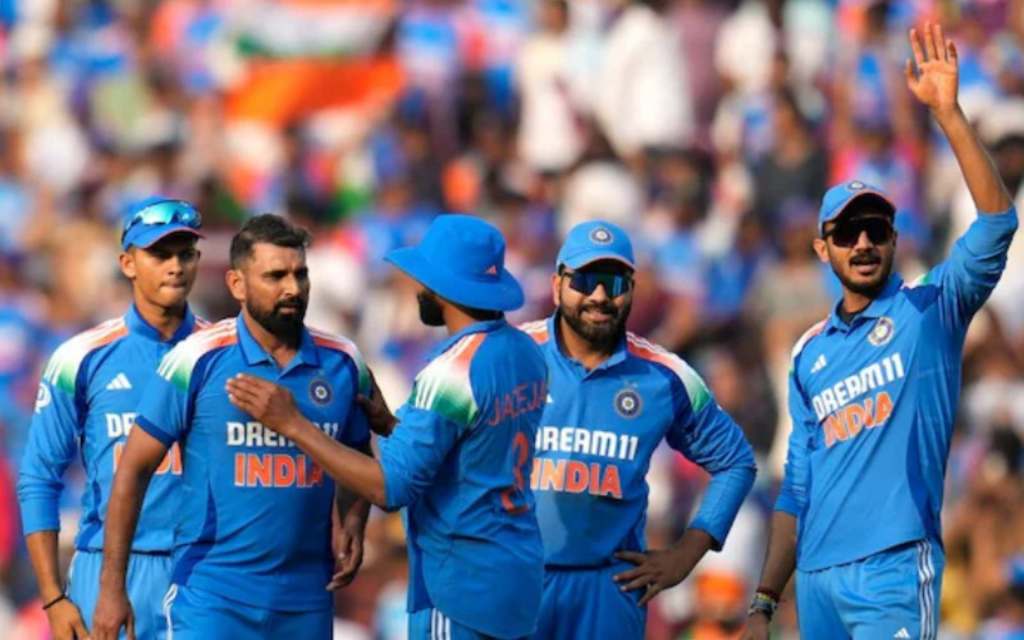
The BCCI Family Rule Controversy has sparked debate among cricketers, as the board introduced only a tentative set of rules on how much time players’ families can spend with them during overseas tours. Supporters argue that the rule helps players stay focused on cricket, while critics insist that family presence is crucial for mental well-being. As discussions continue, the BCCI Family Rule Controversy remains a hot topic in the cricketing world.
Saba Karim, the former cricketer and selection committee member, was asked about it and added that there should be a balance. Knowing that family support serves as a great mental booster, he also feels that distraction can possibly hinder performance. He hopes that an amicable arrangement can be worked out between BCCI and the players of cricket.
The new rule states that for tours lasting over 45 days, the spouse and children can stay with the player for two weeks but only after the first 14 days. Families can visit players on tours shorter than 45 days for up to a week. According to BCCI, this regulation would additionally promote a player’s concentration on matches while allowing time for bonding with family.
Opinions, however, have diverged among many cricket pundits and fans. Some think that cricket requires a singular focus, which is hampered by family visits. Another school of thought believes that long laissez-faire hours away from family may ultimately lead to stress and affect player performance negatively.
Mental health is as arguably important as physical well-being in this sport nowadays. During the long tours that have come with international pressure, many players found it difficult to remain in bio-bubbles during this pandemic. Family enhances positivity and performance in the game. Yet, there is a need for discipline and professionalism in a competitive sport such as cricket.
Finding the right balance is the key to life-and-work issues that intertwine. The main goal of the BCCI is to have its players remain focused. Different cricketers have different requirements and may want to focus entirely on the game while others may have family obligations.
As the game transforms, similarly will the dialogue surrounding mental well-being and work-life balance. I guess better judgment would be poured into whether the BCCI changes that ruling by then. For the present, though, players are required to follow such rulings and carry on to concentrate their energies to the best of their abilities on the field.

